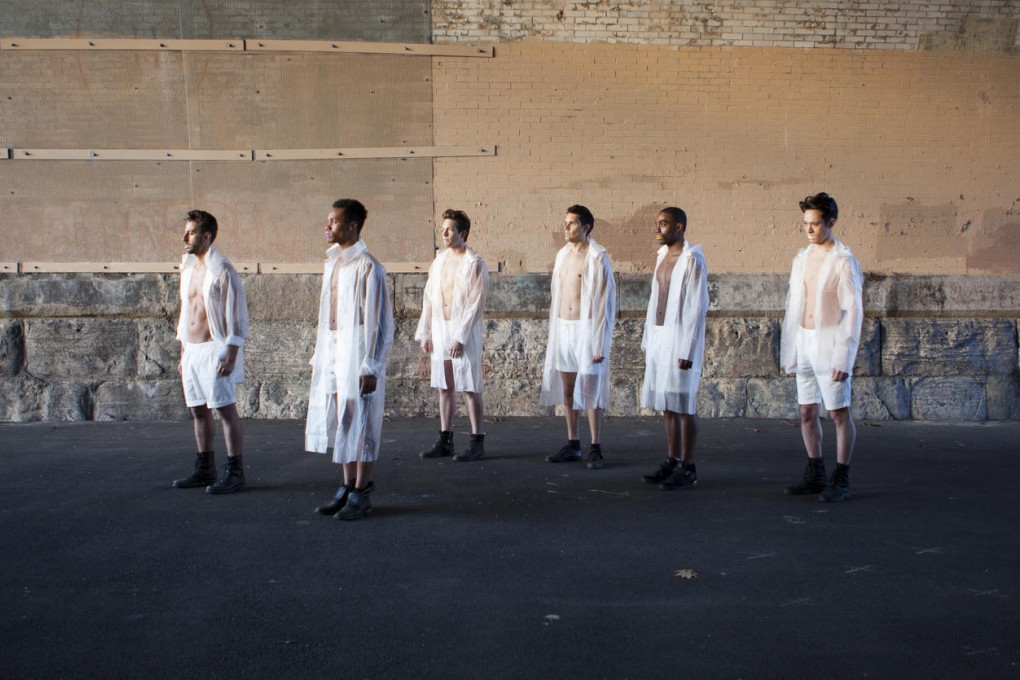What does a K-pop band with no Koreans say about cultural appropriation?
A South Korean university student in New York hopes to examine cultural appropriation via a K-pop band made up of foreigners

It was in the excruciating moment when EXP member Frankie Daponte Jnr was asked to objectify his bandmates that he recognised the surreal aspect of his professional life. "I was asked to line them up in order of hotness," he recalls of the workshop task. "When I first joined EXP I saw it as a challenge and an amazing experience, but then at the root of everything, I realised we were touching on some really big topics."
Daponte could well be speaking for the masses of today's pop stars whose image and lifestyles are controlled by an aggressive music industry. Much more than simply a reflection of contemporary music, the bright lights and manipulated images of these stars often point to darker undercurrents of sociopolitical propaganda and the issues of "representation" that each culture faces.
For example, in the US, child stars are subject to overt sexualisation, while in South Korea, the militant routines and discipline of K-pop bands speak of a cultural tapestry wrought with image control. The latter, along with how the genre is viewed in the West, were things that Bora Kim explored at Columbia University in her final thesis in 2014, a multimedia project titled I'm Making a Boy Band.
Kim's primary interest is in dissecting how a culture is appropriated, through the construction of an "inappropriation". To do so, she's created an entirely new K-pop band formed of foreigners.
This is where Daponte and bandmates Tarion Taylor-Anderson, Koki Tomlinson, Hunter Kohl, Šime Košta and David Wallace - all raised in the US, none with Korean background - came in. Kim, along with colleagues Samantha Shao and Karin Kuroda, recruited these professional dancers and in April, they were officially "launched" in New York as K-pop heartthrobs EXP.